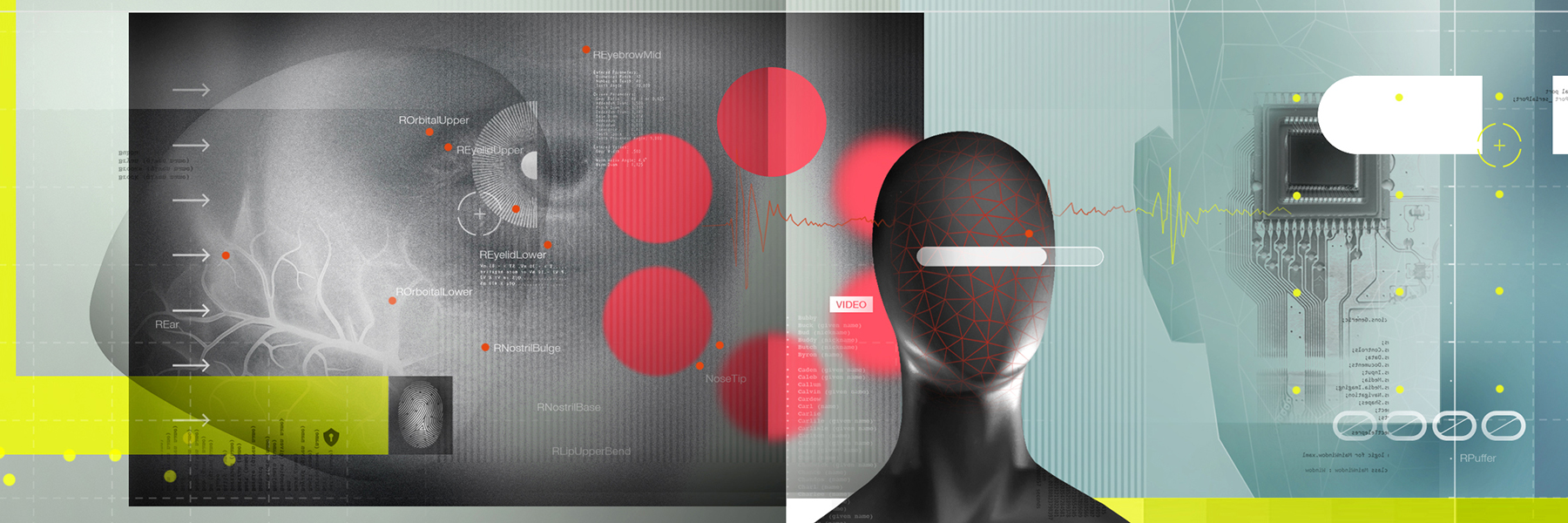Swiss political parties, election campaigns and AI

Artificial intelligence can be used to generate images or texts quickly and easily. However, this can also be used for political manipulation in election campaigns.
With Artificial intelligence (AI) based programmes like Midjourney, Stable Diffusion or ChatGPT, it is possible for a user to generate a text or images after inputting a command or prompt.
Peter G. Kirchschläger, an ethics professor at the University of Lucerne who specialises in artificial intelligence, sees the danger of increasing manipulation. The use of AI in election and voting campaigns makes it increasingly difficult for voters to recognise that they are being influenced. What is still done today with an election poster at the train station could be done in a more personalised and subtle way in the future with AI.
At the same time, the ethics professor also sees opportunities. For example, information could be made more easily accessible with the help of artificial intelligence. There is also the possibility to create more engaging exchanges between individuals. “However, this all requires that an individual organises and monitors accordingly,” says Kirchschläger.
Political code of conduct
A survey by the Swiss public broadcaster, SRF, among the parties shows that active use of AI-based programmes is not widespread among the parties, yet. The Green Party and the Green Liberal Party use ChatGPT, the artificial intelligence-based chatbot, as a research tool. The Social Democratic Party and the Radical-Liberal Party have conducted initial tests with using ChatGTP. The Centre and the Swiss People’s Party do not yet use AI-based programmes. Moreover, none of the parties have established guidelines on the use of artificial intelligence.
Balthasar Glättli, the president of the Green Party, is now proposing a code of conduct for the parties. He proposes a voluntary waiver by all parties that AI will not be used for negative campaigns. The first reactions of the other parties, apart from the Swiss People’s Party, has been positive, according to Glättli. “We need to have a fundamental discussion about how we as a society, as a state and as politicians react to this massive and rapid technological development.”
Innovation instead of regulation?
On all sides of the political spectrum, it is clear that AI is becoming an increasingly important topic. But Franz Grüter, parliamentarian of the Swiss People’s Party, does not consider the code of conduct to be a useful solution.
A code between parties would not stop private individuals or other political actors from running negative campaigns. “I would first like to see that we remain innovative and then the question of new laws and regulations is a secondary concern for me,” says Grüter.
The Swiss parliamentary elections on October 22, 2023, will show whether and how artificial intelligence is used in election campaigns. The “yes” committee on the climate law showed that this is possible. With a voting butler based on artificial intelligence, they tried to remind the electorate of the vote.
The climate law was approved by 59.1% in last Sunday’s referendum. The approval of the Swiss Abroad was even stronger, at 76.8%.

In compliance with the JTI standards
More: SWI swissinfo.ch certified by the Journalism Trust Initiative









You can find an overview of ongoing debates with our journalists here . Please join us!
If you want to start a conversation about a topic raised in this article or want to report factual errors, email us at english@swissinfo.ch.